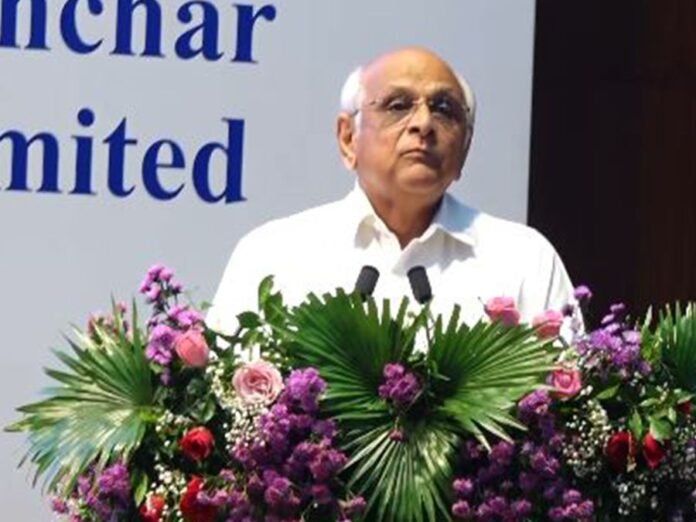In Jakarta, Energy Minister Bahlil Lahadalia told reporters that Indonesia plans to stop importing diesel fuel by the second half of 2026. The move will follow the full rollout of the country’s new 50‑per‑cent biodiesel (B50) mandate, which blends half palm oil‑based biofuel with half conventional diesel.
Bahlil said the government is now in the final, fourth phase of real‑world tests for B50. Tractors, ships, trains and heavy machinery are already running on the new fuel mix, and officials expect the trials to finish in six to eight months. Once those tests prove the fuel works as expected, the country will phase out diesel imports and rely entirely on B50 for its transport sector.
The B50 plan follows earlier success with the 40‑per‑cent biodiesel (B40) requirement, which has already been met nationwide. B40 cut Indonesia’s diesel imports by about 10 million kilolitres and has saved the country roughly $9.3 billion in foreign exchange. Achieving B50 will further tighten the country’s dependence on imported fossil fuels.
In a related announcement on the same day, the Ministry of Energy and Mineral Resources said Indonesia will trim its coal share in electricity. From the current 55 percent to roughly 30 percent by 2050, the goal is part of a shift toward cleaner, renewable power sources. Although coal will still be part of the energy mix for the next few decades, plans are underway for utilities like state‑owned PLN to use ultra‑supercritical technologies that cut carbon dioxide output.
Indonesia’s net‑zero target is set for 2060, with a broader strategy that blends energy diversification, new technology, and a push toward low‑carbon growth. The government is also directing key industries—such as smelters—to adopt renewable energy as their primary power source.
At the same time, the country is targeting an 8 percent economic growth rate by 2029 while working to transition to a green economy. These steps aim to balance Indonesia’s ambition for prosperity with its environmental commitments.
Keywords: Indonesia, diesel fuel ban, B50 biodiesel, B40 mandate, Energy Ministry, coal reduction, renewable energy, net‑zero emissions, 2060, 2050, low‑carbon economy.
Source: ianslive
Stay informed on all the latest news, real-time breaking news updates, and follow all the important headlines in world News on Latest NewsX. Follow us on social media Facebook, Twitter(X), Gettr and subscribe our Youtube Channel.



